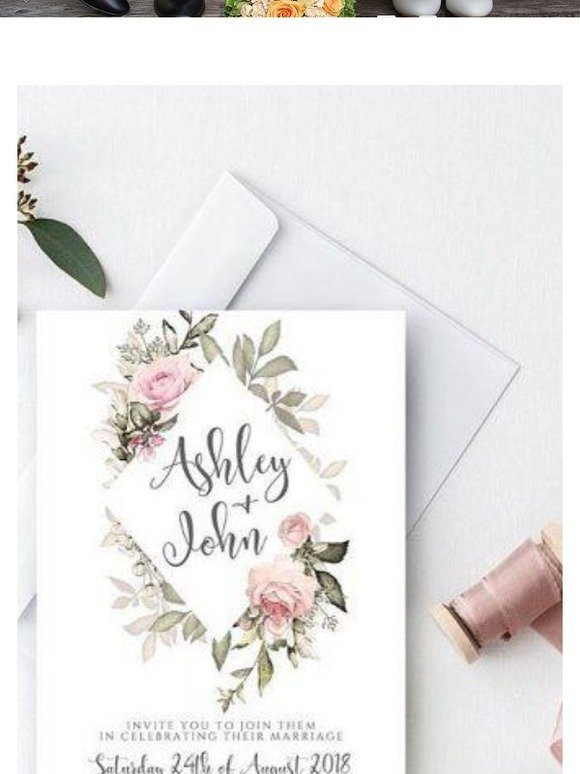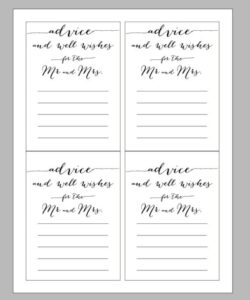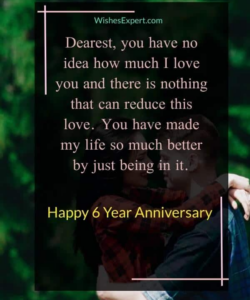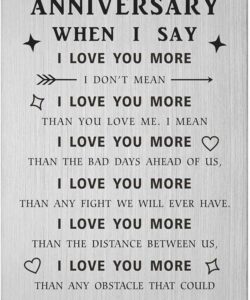When it comes to wedding celebrations, the words we choose to convey our joy and well-wishes for the happy couple are more than mere formalities; they are a reflection of our relationship with them and our understanding of the occasion. Understanding the subtle nuances of “best wishes” and “congratulations” can enhance the personal touch in our messages, making them all the more memorable for the newlyweds.
The debate between ‘best wishes’ and ‘congratulations’ is not just about tradition; it’s about conveying the right sentiment for the occasion. While ‘congratulations’ is often seen as a way to commend someone for an achievement, ‘best wishes’ is a heartfelt expression of hope for happiness and prosperity. In the context of a wedding, understanding this distinction is key to wedding etiquette that resonates with both the couple and the guests.

The Art of Congratulating the Newlyweds
Offering congratulations to the newlyweds is a practice steeped in joy and good intentions. It is a way to acknowledge the couple’s successful union and the journey they have embarked upon together. However, it’s important to consider the couple’s preferences and cultural backgrounds when choosing your words. Some cultures may have specific traditions or preferences that guide how to express your joy for the couple’s new beginning.
When you choose to say ‘congratulations,’ make sure it is delivered with genuine warmth and enthusiasm. The tone of your voice and the sincerity in your eyes can make a simple word blossom into a cherished memory. It’s not just about the word itself, but the emotion and authenticity behind it that counts.
In writing, whether it’s a card or a message, the same principles apply. Your words should be thoughtful and tailored to the couple. A generic message can feel impersonal, so take a moment to reflect on your relationship with the couple and share a sentiment that is unique to them and their special day.
Remember, congratulating the couple is more than a social formality; it is an opportunity to share in their happiness and to offer support as they begin their married life together. It’s a chance to show that you care and that you are excited for their future.
Best Wishes: A Timeless Gesture
‘Best wishes’ carries with it a timeless quality, a gentle way of expressing hope for the couple’s future. It is less about the achievement of getting married and more about the journey ahead. When you offer ‘best wishes,’ you are essentially saying that you hope every day forward is filled with love, joy, and fulfillment.
This phrase is particularly appropriate when you have a close relationship with one or both individuals getting married. It implies a deeper understanding and a personal connection to their happiness. ‘Best wishes’ is intimate and personal, a perfect choice for close friends and family members.
When attending a wedding, you might find yourself in a situation where you’re unsure of what to say. In such cases, ‘best wishes’ is a safe and always appropriate choice. It is versatile and fits any wedding, regardless of the formality or setting.
Ultimately, whether you choose ‘congratulations’ or ‘best wishes,’ the key is to speak from the heart. Your sincerity will shine through, making your words a valuable gift to the couple on their wedding day.
FAQs on Wedding Etiquette
Is It Better to Say ‘Best Wishes’ or ‘Congratulations’ at a Wedding?
It depends on your relationship with the couple and cultural norms. ‘Congratulations’ is suitable for any guest to offer, while ‘best wishes’ is a warm, personal sentiment often reserved for those with a closer relationship to the couple.
Can ‘Congratulations’ Ever Be Considered Inappropriate?
Traditionally, ‘congratulations’ was said to the groom for ‘winning’ the bride, and ‘best wishes’ to the bride. Today, either phrase is acceptable, but it’s important to be aware of any cultural sensitivities.
What Should I Write in a Wedding Card?
Write a personal message that reflects your relationship with the couple. Use ‘congratulations’ to celebrate their union, or ‘best wishes’ to express hope for their future happiness.
How Can I Personalize My Wedding Wishes?
Include personal anecdotes or memories you share with the couple, and express how their union has inspired or touched you.
Is There a Difference in Etiquette for Formal vs. Casual Weddings?
The level of formality may influence the wording of your wishes. For formal weddings, more traditional language may be appropriate, while casual weddings allow for a more relaxed tone.
Conclusion
Whether you opt for ‘congratulations’ or ‘best wishes,’ the essence of wedding etiquette lies in the sincerity and thoughtfulness of your words. By understanding the nuances of these expressions, you can convey your heartfelt emotions and contribute to the joyous celebration of the couple’s love and commitment.
Remember, the best wedding etiquette is that which comes from the heart, tailored to the couple, and respectful of tradition and cultural norms. With this guide, you’re now equipped to navigate the wedding season with grace and eloquence, ensuring your words leave a lasting impression.


